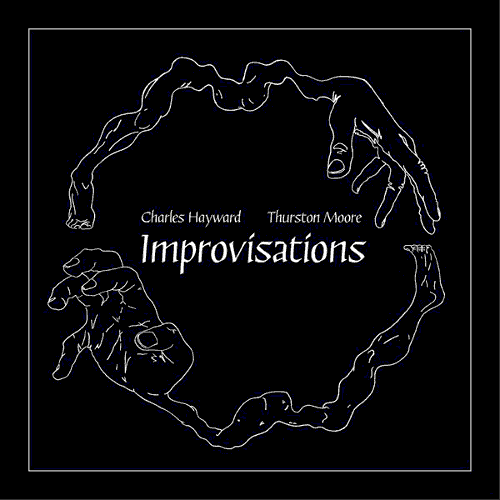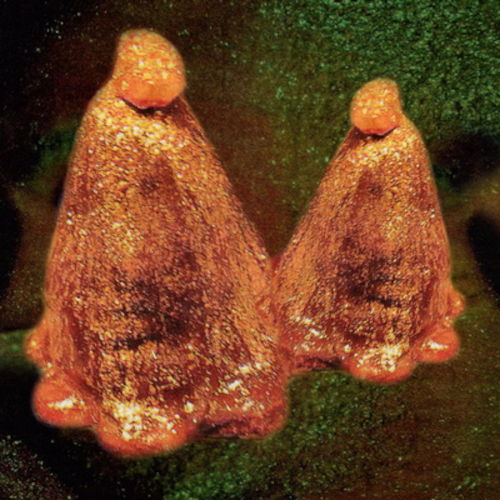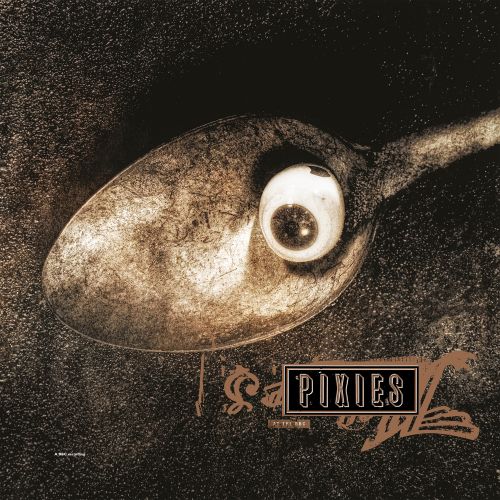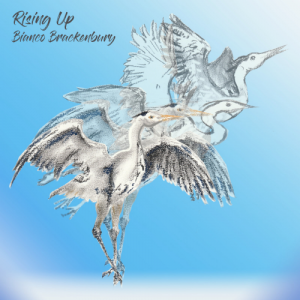 Faith Brackenbury‘s violin playing is an absolute force of nature; at times like a dervish that seems to sweep straight from her heart and out in to the universe, unencumbered by structure or regime, just a natural flow like a river that heads onward.
Faith Brackenbury‘s violin playing is an absolute force of nature; at times like a dervish that seems to sweep straight from her heart and out in to the universe, unencumbered by structure or regime, just a natural flow like a river that heads onward.
Her chance meeting with the jazz-inflected basslines and murmuring, rumbling drumming of drummer and bassist Tony Bianco has enabled a union that highlights the strengths that each one brings to this ever-unfolding partnership.
Their initial run of ideas was released last year as Rising Up and it was one of the most joyful and positive releases that I had heard. The thirty-minute title track and opener is full of wild, driven abandon, Faith’s violin like a kite on the longest string, sailing everywhere and anywhere while Tony’s bass holds things steady but lends a jazzy sensation. The drums roll and roil relentlessly, their cymbal-free agitation making like a distant storm, all snare attack and playful pursuit.The violin moves in every way imaginable, its chattering thrill giving way to the highest, most keening moments before descending, swooping past you like a plummeting bird. It is the most vivacious and breathless half-hour and does rather make you fear for the players’ health. They must have needed a long lie down afterwards and in actual fact, the following track “Gypsy Softbread” is the antidote; another half-hour, but this time the violin is sinuous and slow, scarcely above a whisper at times, other times woozing and wafting like lazy bees.
Tony has more opportunity to add texture with cymbal wash and shaken bells adding to the gentle drum touches. There is space here and the violin moves through it, freed of all attachment, moving at will, followed by the deep resonance of toms. These tracks are two long cinemascope visions of what can be accomplished by a simple duo and reflect opposing views, a hugely different recipe with the same ingredients.The final fifteen minutes is taken up by “Assassin”, which manages to thread the needle between the two extremes and send the listener into a final reverie.
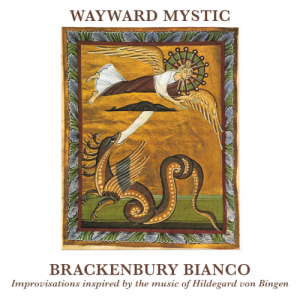 Clearly this serendipitous encounter between them was too enjoyable to be a one-off ,so for something to really sink her teeth into, Faith chose to re-imagine some of Hildegard von Bingen‘s twelfth-century compositions in the duo context, this time with Tony adding drums and percussion along with some piano, while Faith brings violin, viola and effects.
Clearly this serendipitous encounter between them was too enjoyable to be a one-off ,so for something to really sink her teeth into, Faith chose to re-imagine some of Hildegard von Bingen‘s twelfth-century compositions in the duo context, this time with Tony adding drums and percussion along with some piano, while Faith brings violin, viola and effects.
On the first disc, the feeling generated by Tony is akin to that of a tabla player with no cymbals and no wild uproar, just a constant rush like animals rustling in hedgerows or thunder off in the distance heard through a crisp autumnal sunset, while Faith’s violin once again wanders but like the antithesis of the lost soul. This is a soul who is open to everything, constantly engaging.
Through the ups and downs there is always a destination in mind, but that destination is in the heart; so the journey itself becomes the important thing. The percussion and strings are perfect complements, even when things turn keening and with an element of sadness, the percussion is able to move things on.
Faith’s voice when she tackles “O Frondens Virga” is a pure, unhurried thing and sets itself against a string drone that is aided by touches of cymbal that unexpectedly lift and soothe the extraordinary constant motion of the drumming. It becomes inexorable, like the landscape moving outside a train window and never grows old. The voice appears here and there over these four pieces and has a sweetness that slows the action down, drawing the focus, becoming restful and contemplative.Where there are no drums, the strings take flight, becoming restless, searching and clucking, a little freer and because of that just a little disorientating. When the drums reappear, they are sharper, more obtrusive, hounding the violin, exploring all the intricacies held within the instrument.
The second disc is different, the strings more melancholy, the drums more structured. There is the snap of snare and the wash of cymbal that changes the mood, as if trying to overwhelm the violin or at least not give it so much space. The violin feels more uncertain while keyboards feel predatory. There are hints of Eastern folk in “Cherubim’s Sword”, which starts with just drums and then flies into a dervish like whirl, while the final piece here has the violin fed through what sounds like a wah-wah. It comes across like the tidal wash of a cosmic sea, ominous and cavernous with the rolling drums constant yet careful, setting us down gently yet unsettled, dizzy from the years passing before us.
It is a brave and ultimately successful exploration that manages to straddle almost a thousand years and shrink that gap to the blink of an eye. Time travel never felt so rewarding.-Mr Olivetti-
